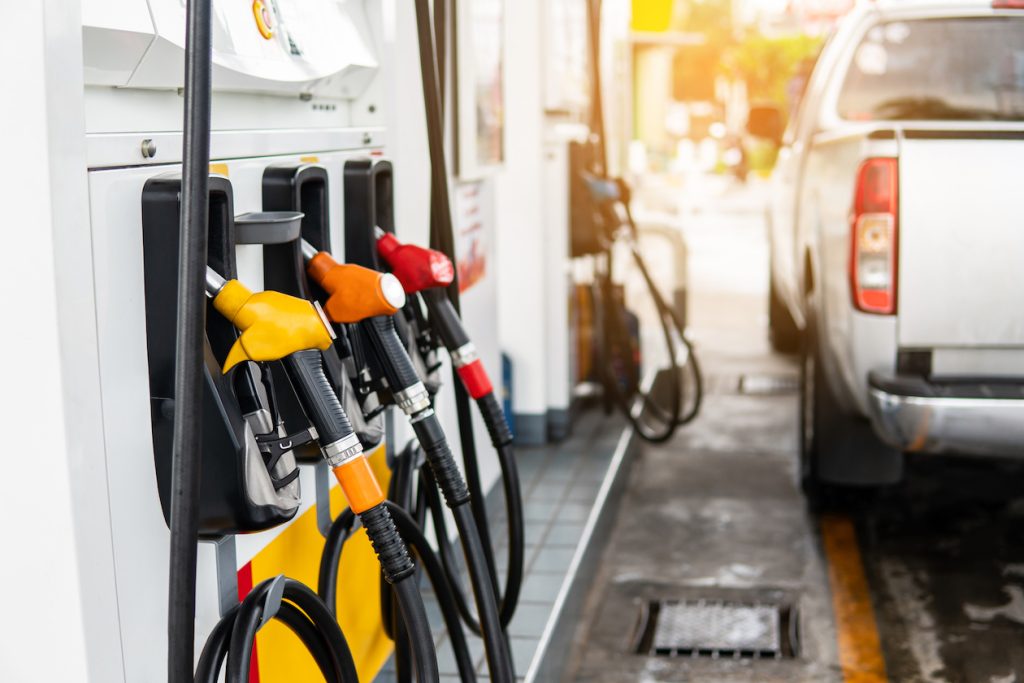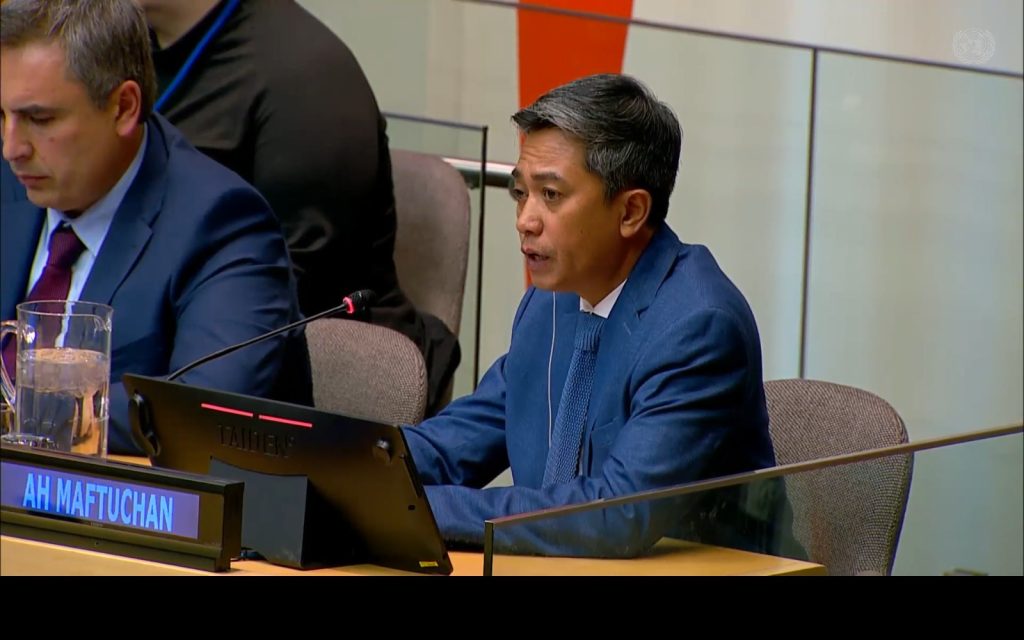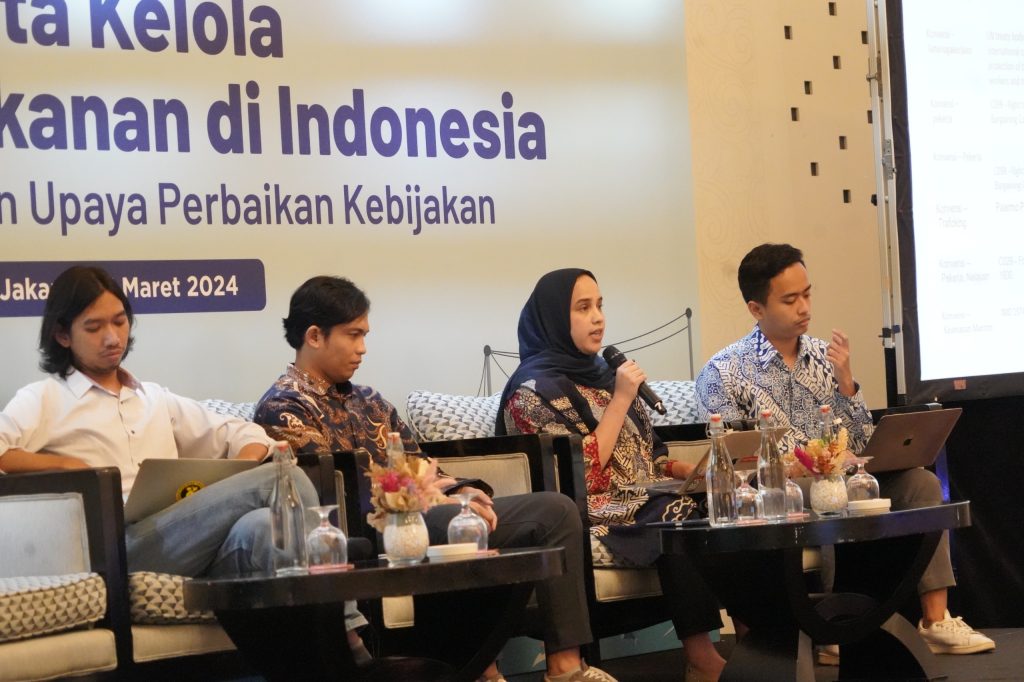
Jakarta - Researcher The PRAKARSA, Irvan Tengku Harja assessed that the government's policy by increasing the price of assigned fuel oil (BBM) products, subsidies, to non-subsidies will suppress household consumption. This is because fuel prices affect transportation costs, both as logistics costs and people's mobility needs. "The increase in fuel prices will raise prices such as food, reduce household spending, and trigger inflation," said Irvan, Wednesday (7/9).
On the other hand, Irvan also argues, the Direct Cash Assistance (BLT) for BBM provided by the government is Rp. 600.000 gradually is not proportional to the burden of community needs due to the increase in fuel prices. "We'll just look at the national poverty line data as of March 2022 at Rp. 505.469. Even if BLT BBM is given all at once, it is only enough for a month's needs, perhaps. However, rising fuel prices and their impact can be long-term," he said.
In the future, according to Irvan, so that fuel prices do not continue to be a problem, there needs to be what he calls the Protective Fuel Price Adjustment. "The assumption is that the price of Indonesian crude oil (ICP) in the 2023 RAPBN is US$ 90 per barrel. If the price Indonesian Crude Price (ICP) moves to exceed US$ 90 per barrel, so the government subsidizes the price of fuel to protect people's purchasing power. However, if the ICP price falls below US$ 90, the government will reduce the price of fuel but by adding 0,5% VAT rate for fuel in order to protect state finances," he explained.
According to Irvan, protective fuel price adjustments need to be considered as a policy option, because they can maintain fuel price stability, protect people's purchasing power, as well as protect state finances from fuel subsidy swelling. "Try to run this middle way (Protective Fuel Price Adjustment), but it must be evaluated periodically," he concluded.



